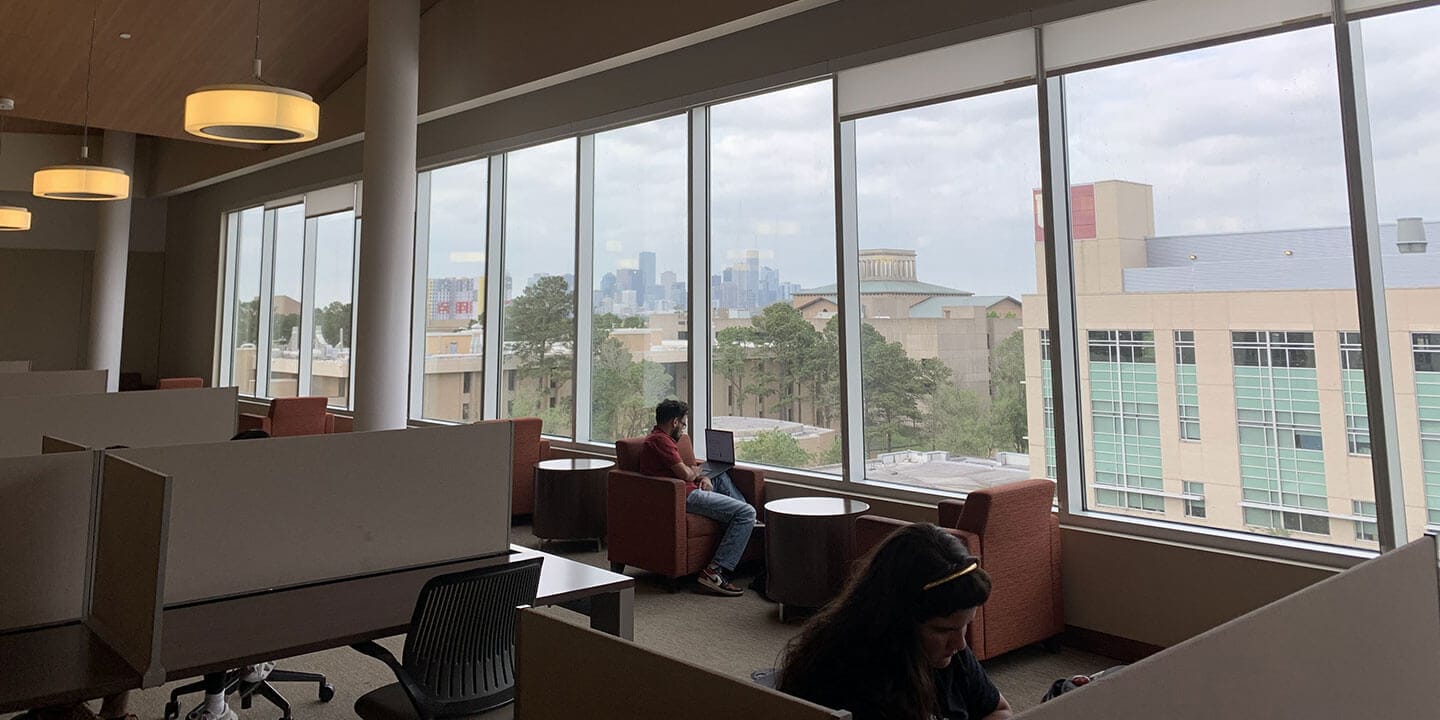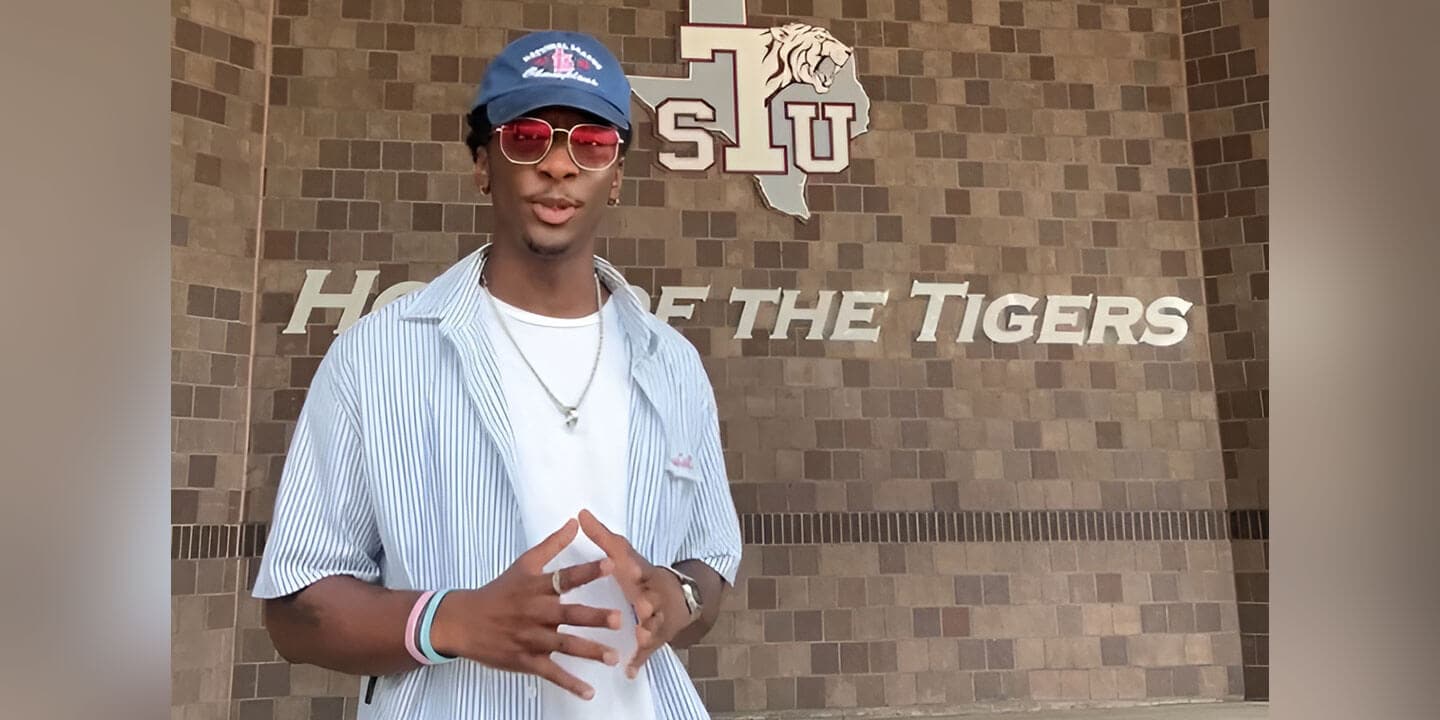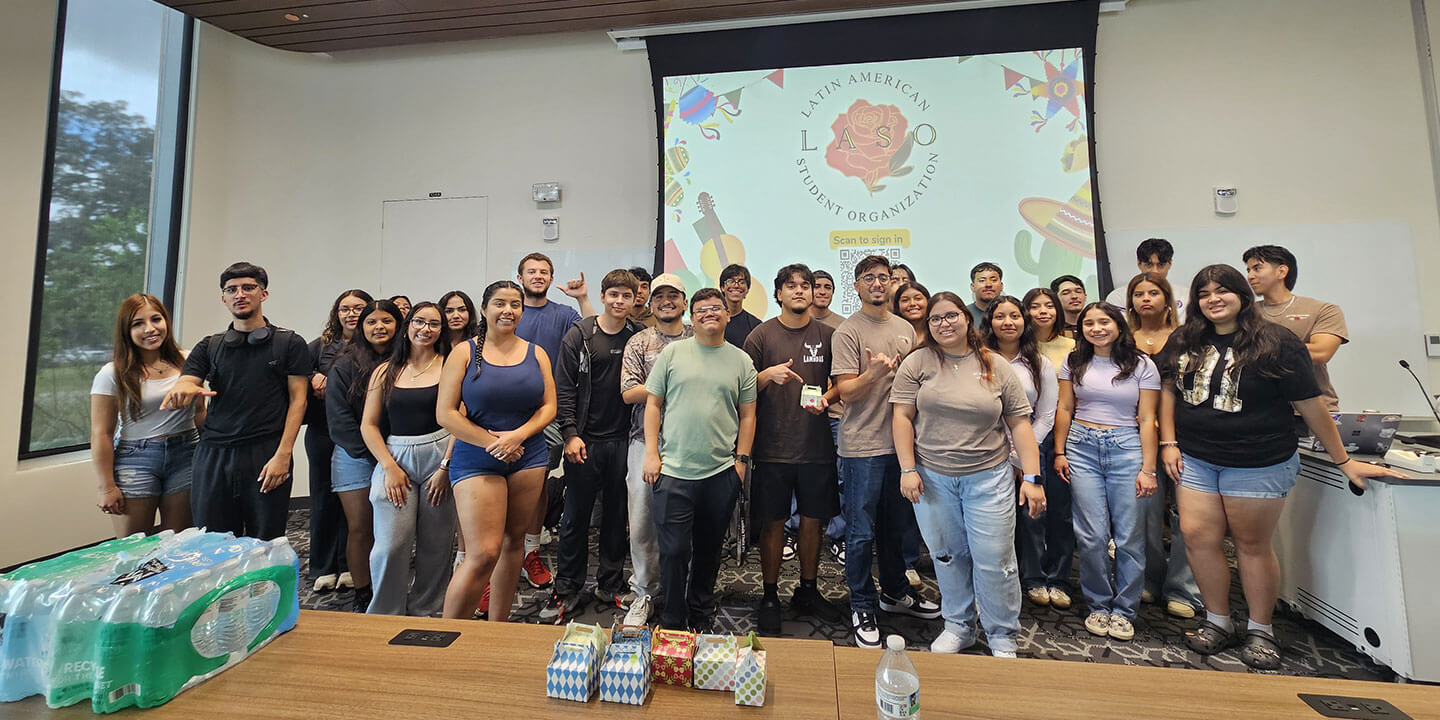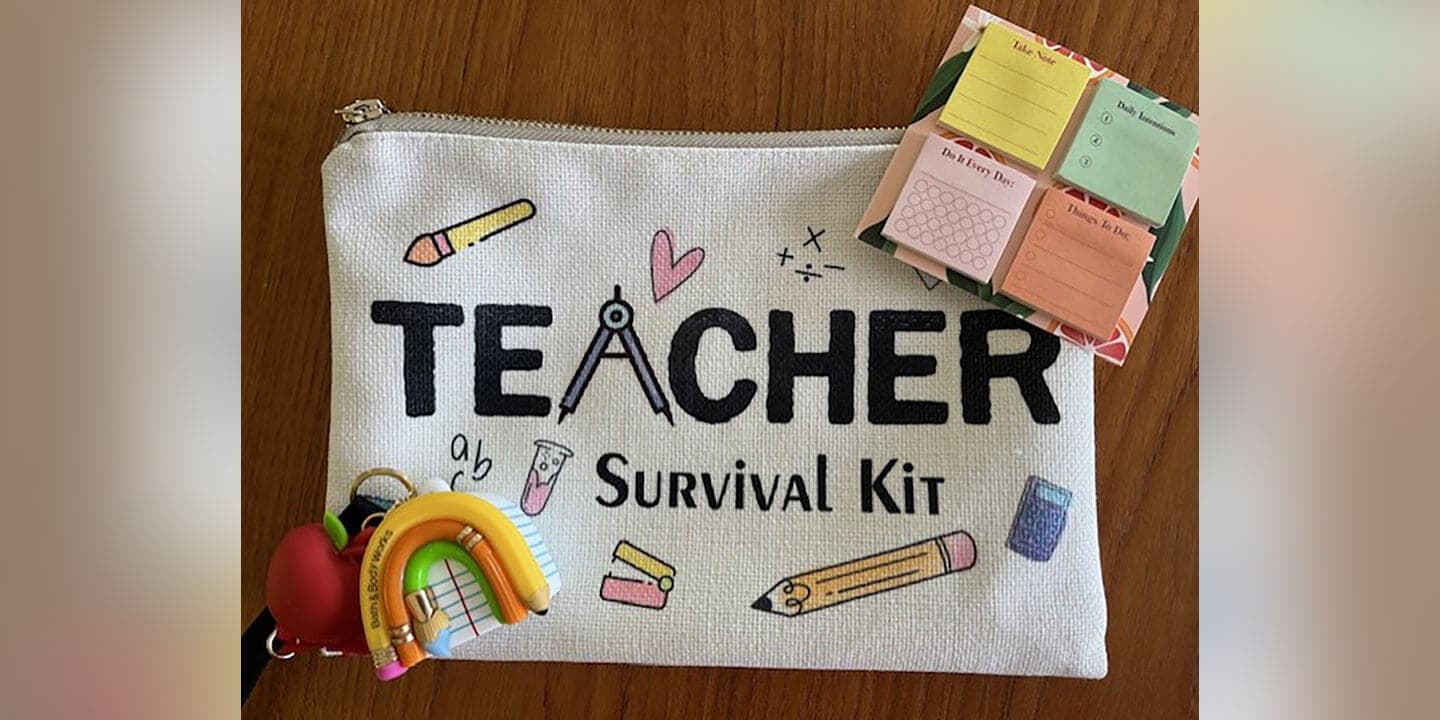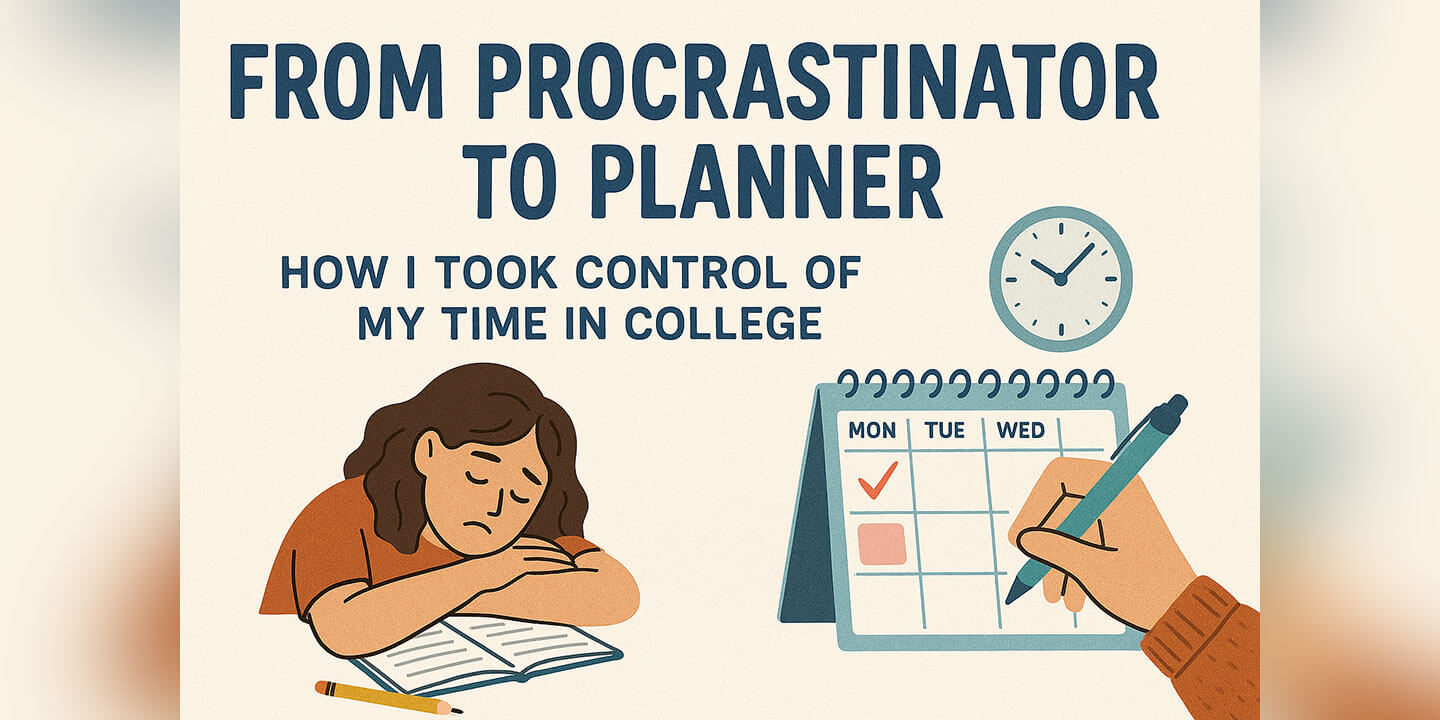
Shift Gears: Your Back-to-School Guide
Adjusting to back-to-school is something many students struggle with. When you go back to school after any break, it can still feel like the return from summer; you think time is unlimited, and there is no set schedule. Then reality hits: classes, homework, and, for some, work. These responsibilities can hit you all at once.
For me, the hardest part was waking up for early morning lectures and turning in assignments on time. It was a shock, but it pushed me to find a way to stay on track and succeed.
Reset Your Mindset
I noticed that it’s not just your body that must adjust to the new routine; your mind does, too. Over a semester break, we tend to have a more relaxed mindset and do not place the same importance on our usual priorities. It is easy to carry this mindset back to school, and you forget how fast deadlines approach.
I had to remind myself that I could not carry that relaxed mentality all the time. I began to plan and write down my tasks and timelines to stay on track. This made an enormous difference. It helped me get into a rhythm, and my work now seems less stressful.
Move Your Body
Focusing on my physical well-being also helped me adjust. Working out during the school week helps me feel active and not just feel drained from schoolwork. When I cannot work out, I feel a little more overwhelmed.
Working out helps me release tension and keep my head clear. I also focus on what I eat, avoiding junk food and sugar, so I do not feel drained in the middle of the day.
Remember Your Why
Finally, it helped to remember why I’m in school in the first place. My purpose is not only to complete assignments until I’m exhausted; it is about working toward my future.
Keeping my goals in mind helps me stay motivated. I remind myself of the future I am chasing and that helps me focus. Returning back to school can be hard, but having a plan to adjust makes everything easier.
Do you have a compelling story or student success tips you’d like to see published on the Pearson Students blog? If you are a college student and interested in writing for us – click here to pitch your idea and get started!
